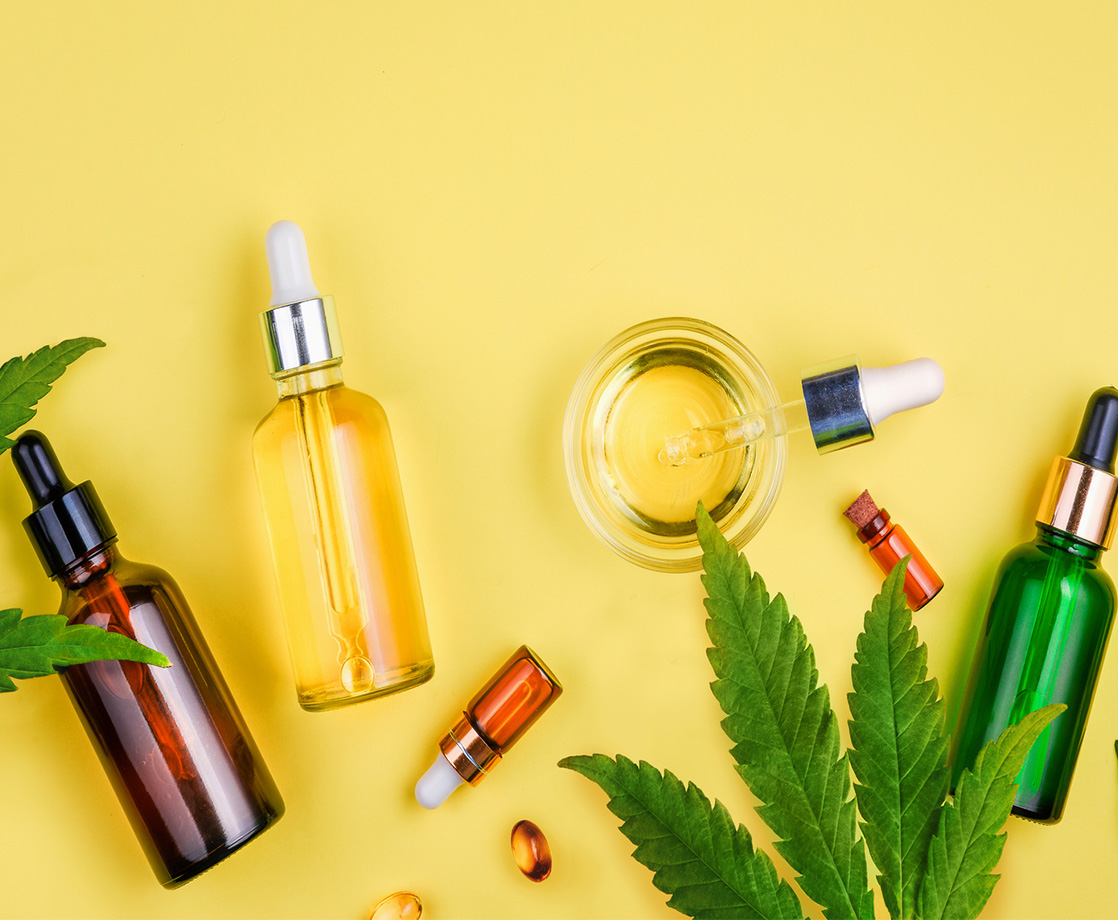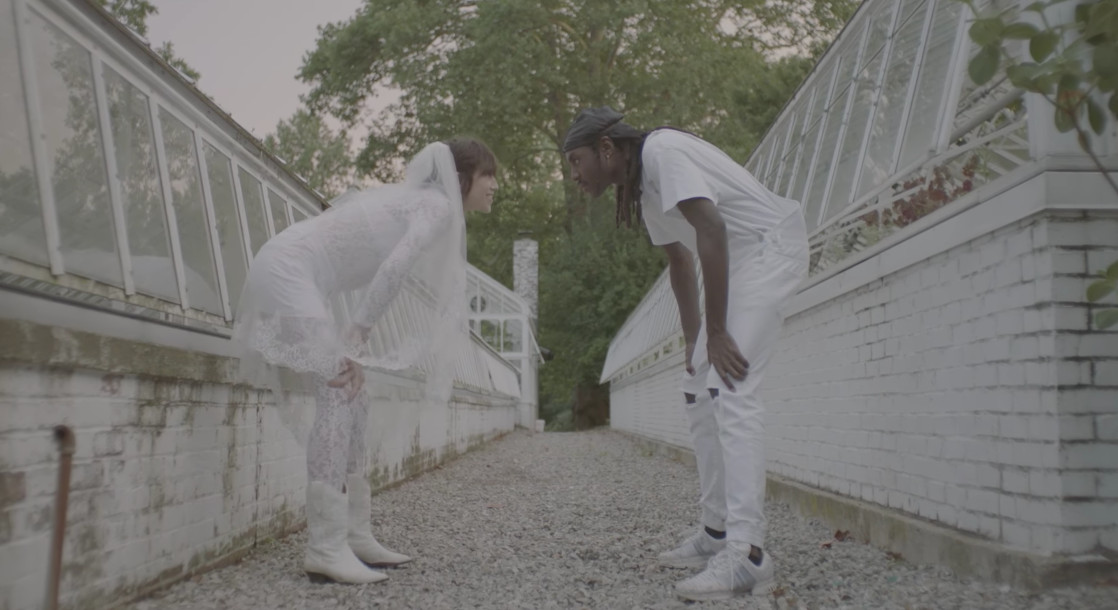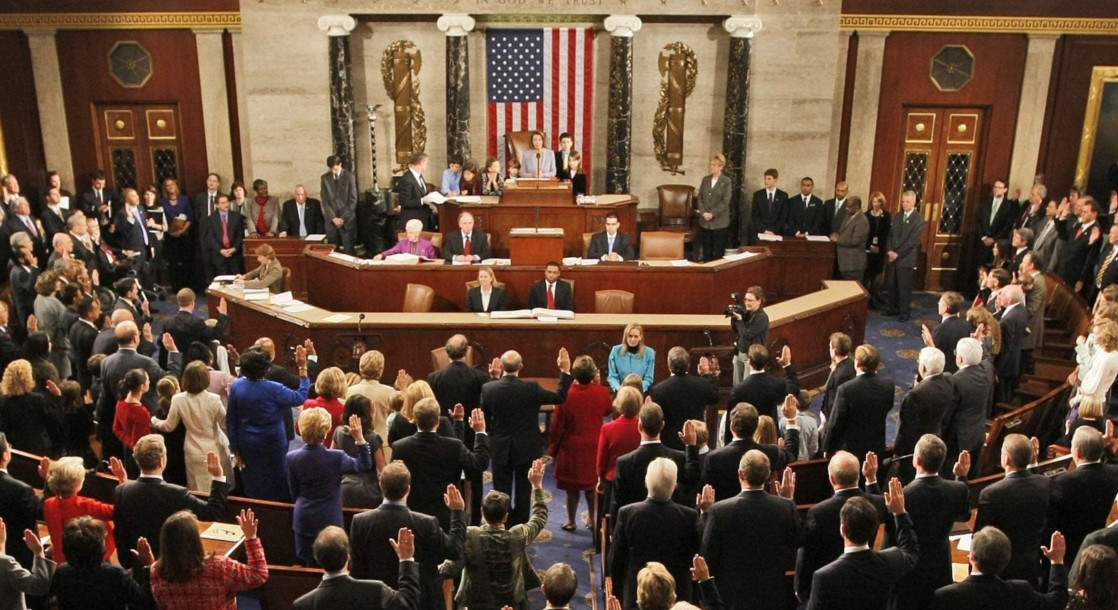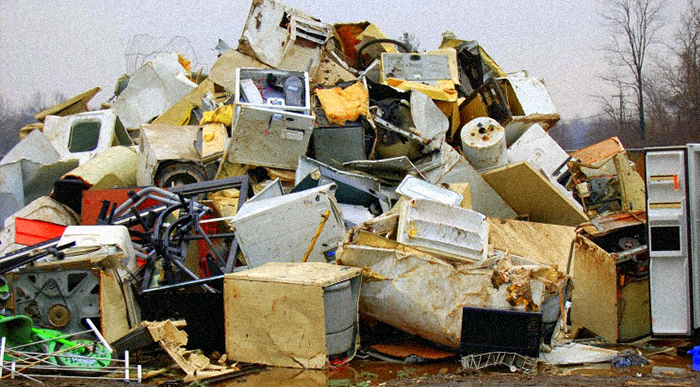If you’re looking to see what the CBD hype is all about but can’t risk consuming THC because of an employee drug test, it is probably best to steer clear of hemp-derived CBD products altogether — or you could be putting your job on the line.
In a newly released study from the Denver, Colorado-based chemistry lab, Ellipse Analytics, researchers tested 250 of the country’s most popular over-the-counter hemp-derived CBD products, and found that 46% of them contained THC.
“In the absence of a federal definition of THC-Free, consumers are essentially being misled to believe their CBD products are free of THC,” Dr. Sean Callan, Senior Vice President of Innovation and Operations at Ellipse Analytics, told Market Insider.
CBD products derived from hemp and containing less than 0.3% THC were legalized federally last year through the 2018 Farm Bill, but without any regulations from the federal Food and Drug Administration (FDA), it is still technically illegal to actually sell CBD-infused food and beverage products. In the meantime, though, CBD producers and retailers have ignored those FDA warnings at every turn, crafting a health and wellness market that has already reached more than 50 million Americans.
Gallery — Feel-Good CBD Memes You Can’t Get High On:
But when those unregulated CBD products are tested, they consistently turn up high levels of THC that were not labeled on the packaging, in addition to potentially dangerous chemicals like synthetic cannabis or diluents. In fact, earlier this week a former federal law enforcement officer told NBC Washington that he had his security clearance revoked and was pushed into early retirement after failing a drug test for THC after using a hemp-derived CBD tincture.
“Our lab tested one CBD product with less than 0.3% THC but it had 78mg of THC in the product,” Callan said. “To provide context, the maximum amount of THC that a brand can have in a single recreational marijuana product in Colorado is 100mg.”
Since there is no regulatory oversight in the CBD market, Callan hypothesized that civil class action lawsuits against CBD companies making false claims could corral the industry faster than the FDA.
“Ultimately, without federal or state intervention, the ‘safe’ amount of THC in a finished good will most likely be established through class action lawsuits. People consuming CBD products making false THC-free claims are unknowingly ingesting THC and potentially failing drug tests.”
Follow Zach Harris on Twitter











